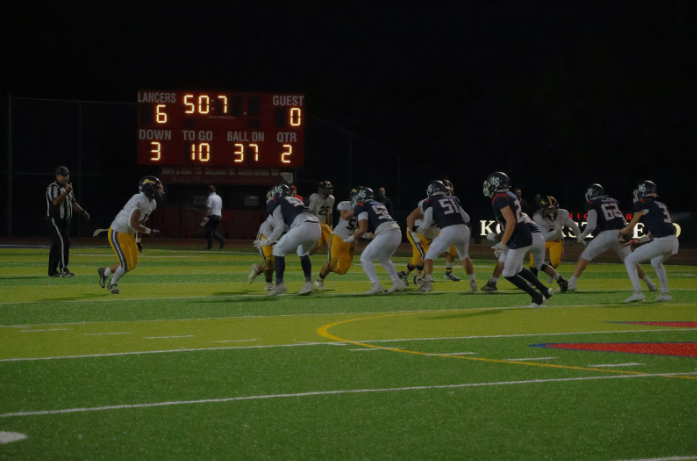During the Covid-19 pandemic, several colleges removed SAT and ACT requirements, putting more of an emphasis on academic scores and extracurricular activities. While some colleges have continued with test-optional and test-blind admissions, some are now reverting back to their old practices.
Starting this application cycle, colleges such as Harvard, Dartmouth, MIT, Yale, and Brown are requiring students to submit their standardized testing scores for their college applications. However this is an awful idea.
For years, standardized tests have received backlash for being an unfair and heavily biased system. Minority students, primarily those of low-income, often have a massive disadvantage compared to wealthy students that have more access to educational resources. Historically, minorities have faced significantly more educational barriers compared to their white counterparts.
Furthermore, students that come from well-funded school districts have an unfair advantage compared to students that come from underfunded school districts since they have the means to provide more resources for students. The SAT tests one’s ability to ace the test, instead of truly creating a proper learning environment. Additionally, the SAT does not test on a wide range of talents often leaving other academic abilities out of the picture.
Because of this, students with more resources are often more prepared and tend to do better on standardized testing.
To add on, studying for both the SAT and ACT can be extremely time-consuming and exhausting, further leading to sleep deprivation issues. All of these barriers could be demotivating for students who would want to go to college. It’s a test that favors the wealthy, who have less barriers of access to SAT and ACT tutors, courses, and prep guides. With some colleges reinstating standardized testing requirements, the college application will prove to be arduous for low-income and minority students. In the end, colleges shouldn’t require students to submit their SAT and ACT scores. In reality, it is a step backward instead of a step forward, it is something to look back at, something that shows that we progress as a society.



